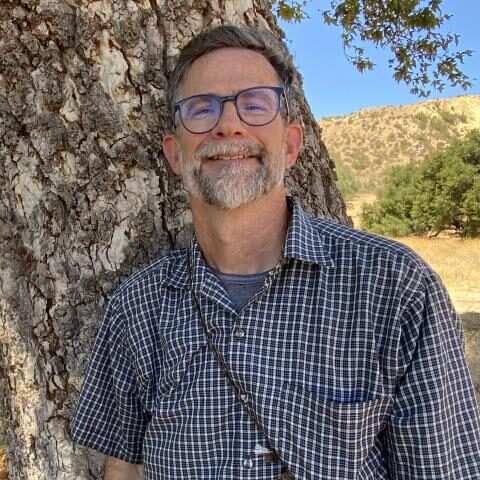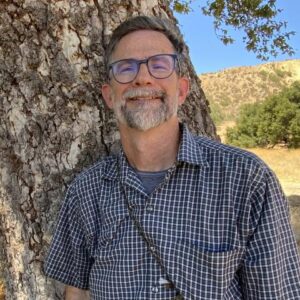Source: Provost's Office

Professor of Sociology; Director, Master of Science in Criminology and Criminal Justice

Paul Draus
Paul J. Draus, professor of sociology at UM-Dearborn, was named the new faculty director of the University of Michigan’s Detroit Center effective June 19.
Draus has taught at the Dearborn campus since 2005, and his leadership roles within the university include director of graduate studies in criminology and criminal justice, and director of the Master of Public Administration program and of the Master of Public Policy program.
As director of the Detroit Center, Draus will focus on building community engagement, boosting research initiatives, and fortifying the university’s relationship with the Detroit metropolitan area.
“We are thrilled to welcome Professor Draus as the director of the U-M Detroit Center. He brings a breadth of experience and innovative ideas that will lead to stronger and expanded relationships between the university and the Detroit partners and residents,” said Valeria Bertacco, vice provost for engaged learning.
The U-M Detroit Center is located in the city’s cultural center on Woodward Avenue and is the gateway for the university and local communities to mutually enrich each other through service, education research and cultural exchange.
The center hosts community events, discussion panels and student study space, and is a place for convening initiatives and activities by U-M faculty and staff that are centered in Detroit. Feodies Shipp III continues as the center’s associate director.
Draus holds a Ph.D. in sociology from Loyola University Chicago, as well as a master’s degree in American studies from the University of Wyoming. His doctoral research examined the social context of tuberculosis in urban environments during the 1990s.
He was a UM-Dearborn provost faculty fellow in 2019-20, and a U.S. Fulbright Scholar to Lithuania in 2023. Long active in community-based teaching and research in metropolitan Detroit, he received the Michigan Campus Compact Community Service-Learning Award in 2014.
Since joining the UM-Dearborn faculty, he has published extensively on topics ranging from substance abuse and street sex work to prison education and urban agriculture. His current work focuses on expanding access to natural spaces in post-industrial cities as a form of restorative justice, or “green reparations.”

